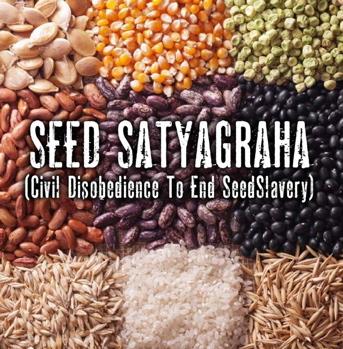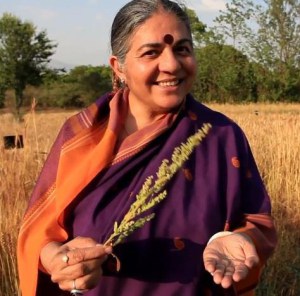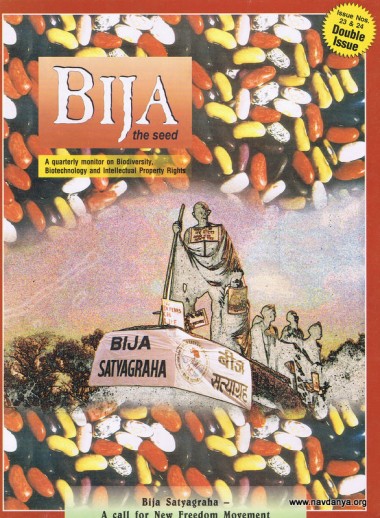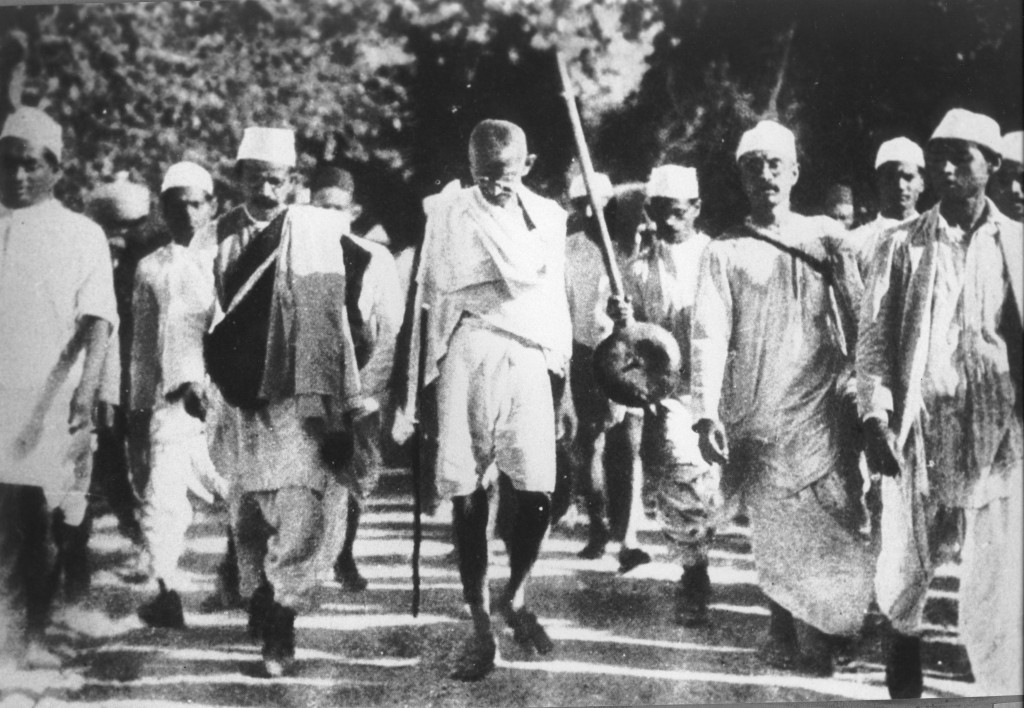by John Dear
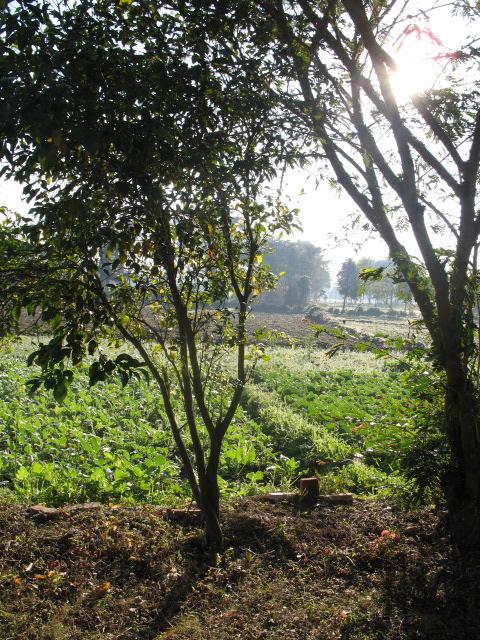
Photo of Vandana Shiva’s Navdanya organic farm courtesy avery.wellesley.edu
As I follow the regular, dire reports on global warming, I recall my visit two years ago (2007) into the foothills of the Himalayas near the border of China and Nepal, north of Dehradun in India. There I met Dr. Vandana Shiva, a leading anti-globalization and environmental activist, a brilliant, engaging scientist and Gandhian activist.
She has taken up a formidable challenge, a nonviolent civil resistance campaign to resist globalization and protect farmers, not to mention the earth itself. Her strategy is to harvest every endangered seed and indigenous plant, restore the soil to its original richness, and save the seeds from corporate patent theft by creating “seed banks.” She is a modern-day Noah, gathering for the future the plants of the world.
I toured Navdanya Farm, her farming commune and laboratory for biodiversity conservation and farmers’ rights, then moved on to see Bija Vidyapeeth (Earth University), a college she founded to teach sustainable living and global alternatives. There one learns new ways to cook, garden, compost, farm, organize politically, and practice yoga.
The fields of Navdanya Farm teem with every imaginable crop and spice. Over 600 species of plants grow there, along with 250 types of rice. White egrets pace gracefully among the fields. Here agricultural scientists have also embraced Gandhian nonviolent resistance methods to protect the earth.
Read the rest of this article »



